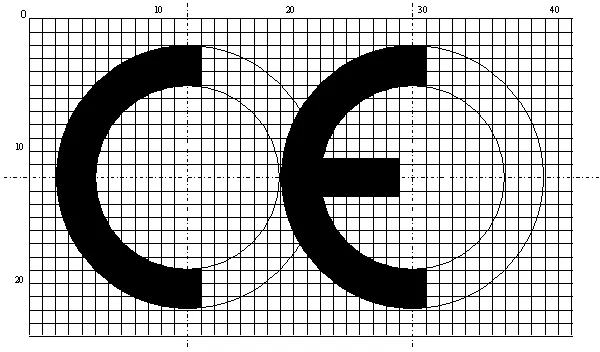The CE marking is a critical element for the marketing and use of products within the European Union (EU). This marking indicates that a product complies with the European directives and regulations concerning health, safety, and environmental protection. In paints and construction materials, the CE marking is equally important, as these products are widely used in the construction of buildings and infrastructure, directly impacting the quality of life and safety of citizens.
What is CE Marking?
The CE marking (Conformité Européenne) is a certification that indicates a product meets the essential requirements of EU legislation. This means the product has been assessed and found to meet all relevant safety, health, and environmental standards. The marking is mandatory for a range of products sold within the EU, from electronic devices to chemical products and construction materials.
Importance of CE Marking in Construction Materials
Construction materials, such as concrete, steel, bricks, and insulating materials, are the backbone of construction projects. The safety and durability of these materials are crucial for preventing accidents and ensuring the long-term sustainability of buildings. CE marking for construction materials ensures that the products meet the minimum safety and quality specifications set by the EU. For example, materials used in areas with high seismic activity must have specific durability characteristics, which are verified through the procedures required by the CE marking.
Certification Process and CE Marking
To obtain the CE marking, a manufacturer must follow a strict conformity assessment procedure. This process includes risk assessment, product testing, creation of technical files, and the EU Declaration of Conformity. Some products also require the involvement of a notified body, which is authorized to assess the product’s compliance with EU standards.
Benefits and Challenges
The CE marking provides significant benefits to both manufacturers and consumers. Manufacturers can freely market their products across the European market, while consumers enjoy the safety and quality of CE-marked products. However, the certification process can be time-consuming and costly, especially for small and medium-sized enterprises.
Conclusion
The CE marking is a fundamental mechanism for protecting health, safety, and the environment in the EU. In paints and construction materials, this marking ensures that products are safe, reliable, and suitable for use. As Europe continues to promote innovation and sustainability, the importance of CE marking will remain crucial for the quality of life and consumer protection.
The IoCT (Institute of Coating Technologies) offers CE marking services. For more information and collaboration, please contact us.

